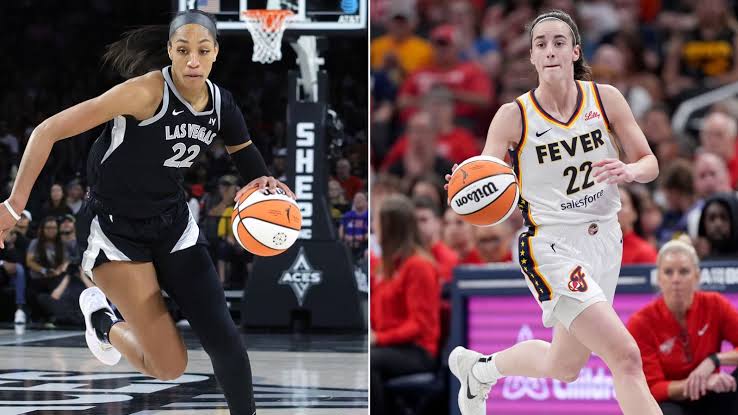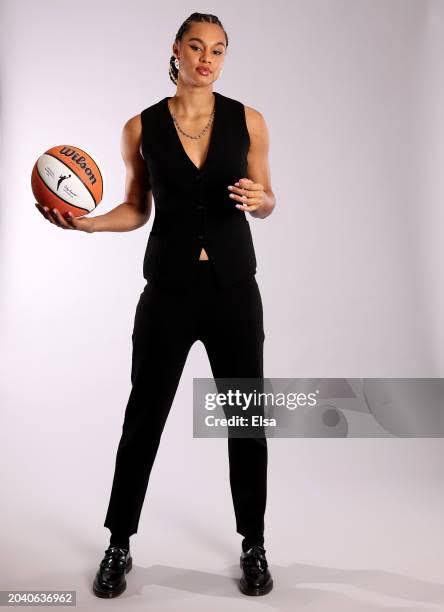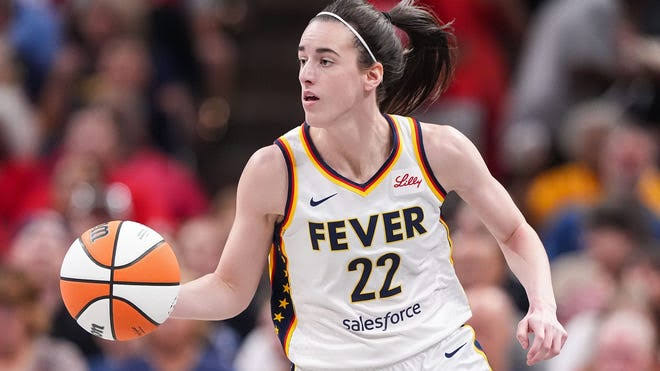The debate sparked by Jeff Teague’s comments on A’ja Wilson’s ability to compete against male players highlights the persistent tension between men’s and women’s basketball in terms of athleticism, skill, and perception.
Teague’s Argument
Teague’s claim rests on the belief that the physical and athletic attributes of male players at the NCAA, G League, and NBA levels make them inherently superior in one-on-one matchups. He emphasizes the backgrounds of male players who dominated in high school and college, suggesting that their competitive pedigree sets them apart.
Wilson’s Credentials
A’ja Wilson’s career accomplishments provide a compelling counterargument. As a three-time WNBA MVP and two-time champion, she has consistently proven her dominance in one of the most competitive basketball leagues in the world. Her statistical output—26.9 points, 11.9 rebounds, 2.6 blocks, and 1.8 steals per game last season—is a testament to her skill, versatility, and basketball IQ.
Fan Reactions
Fans quickly pushed back on Teague’s stance:
1. Comparison to NBA Role Players: Some argued Wilson could compete with or even outperform certain NBA players in specific scenarios, citing her skill set and basketball intelligence.
2. Focus on G League Players: Others questioned whether the gap between Wilson and G League talent is as significant as Teague implies, given the variability in skill levels within developmental leagues.
3. Challenges to Specific Players: Criticism of players like Bronny James and Killian Hayes highlighted skepticism toward Teague’s blanket dismissal of Wilson’s competitiveness.
Context Matters
The debate hinges on several key factors:
Rules of Engagement: One-on-one basketball eliminates many team dynamics, emphasizing individual skill, footwork, and decision-making. Wilson’s post moves, shooting touch, and defensive timing could make her competitive in such settings.
Physical Disparities: Male players generally have advantages in speed, strength, and vertical leap, which might give them the edge in certain situations.
Basketball IQ and Fundamentals: Wilson’s experience, refined skill set, and adaptability could mitigate some of these physical differences.
Final Analysis
Teague’s assertion may oversimplify the complexities of basketball matchups. While physical attributes matter, the sport also rewards strategy, technical skills, and mental toughness—areas where Wilson excels. The conversation underscores the need to respect achievements across leagues rather than diminish them through unfair comparisons.
Wilson’s dominance in the WNBA deserves recognition on its own merits, and dismissing her ability to compete in hypothetical matchups overlooks the nuance of the game.


